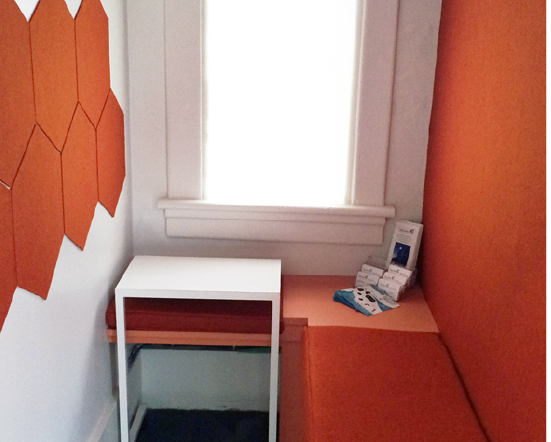As the workplace continues to evolve, the need for flexible office spaces has become paramount. This flexibility not only enhances employee satisfaction but also drives productivity and adaptability in an ever-changing business landscape.
Enhanced Employee Productivity
Flexible office spaces can significantly boost employee productivity.
When employees have the option to choose their workspace, whether it’s a quiet area for focused work or a collaborative space for team projects, they can perform at their best. Flexibility allows individuals to tailor their environment to their personal work style and preferences. This has been shown to reduce stress and increase job satisfaction, ultimately leading to higher levels of engagement and output. By providing various types of workspaces, companies can cater to diverse work habits and enhance overall efficiency.
Attracting and Retaining Talent
Office space flexibility is a key factor in attracting and retaining top talent.
In today’s competitive job market, prospective employees are increasingly looking for companies that offer flexible working conditions. Flexible office environments signal to candidates that the organization values work-life balance and employee well-being. As a result, businesses with adaptable office spaces are better positioned to attract a diverse pool of talent. Additionally, offering flexibility helps in retaining employees, reducing turnover rates and the associated costs of hiring and training new staff.
Cost-Efficiency and Resource Optimization
Flexible office spaces contribute to cost savings for businesses.
By utilizing shared spaces and hot-desking models, companies can reduce their real estate costs significantly. This optimization of space enables businesses to operate more efficiently, particularly in times of economic uncertainty. Moreover, flexible arrangements allow organizations to adapt to fluctuations in workforce size without the burden of long-term lease commitments. Investing in versatile office designs can lead to substantial savings while maintaining a professional work environment.
Fostering Innovation and Collaboration
Flexible office environments promote innovation through collaboration.
By offering spaces that encourage teamwork, such as brainstorming areas and open lounges, companies can stimulate creative thinking and innovation. When employees can easily interact with colleagues from different departments, it fosters a culture of collaboration that is essential for generating new ideas and solutions. This interconnectedness can lead to breakthroughs that benefit the organization as a whole, positioning it as a leader in its industry.
Adapting to Changing Needs
Office space flexibility enables organizations to adapt swiftly to changing business needs.
The modern business landscape is characterized by rapid changes, whether due to market trends, technological advancements, or external economic factors. Flexible office designs allow companies to quickly reorganize their spaces to meet these evolving demands. This adaptability is crucial for businesses aiming to maintain a competitive edge, as it empowers them to pivot and implement new strategies without the delays associated with rigid office setups.
Support for Remote and Hybrid Work Models
Flexible office spaces are essential for supporting remote and hybrid work models.
With the rise of remote work, organizations must create environments that accommodate both in-person and virtual employees. Flexible office designs facilitate a seamless transition between remote and on-site work, ensuring that all employees remain engaged and connected. This approach not only supports employee choice but also maintains a strong company culture across diverse working arrangements. As hybrid models become the norm, having adaptable office spaces will be key to sustaining operational effectiveness.
Promoting Health and Well-being
Flexible office spaces can enhance employee health and well-being.
A flexible office environment allows employees to select workspaces that best suit their physical and mental health needs. This can include options for standing desks, quiet rooms for breaks, or collaborative zones to foster social connections. By prioritizing well-being through design, companies can reduce workplace stress and the risk of burnout. Healthy employees contribute to a more positive workplace culture, leading to increased morale and job satisfaction.
Ultimately, the importance of office space flexibility cannot be overstated. As businesses continue to navigate a complex and changing landscape, adopting flexible office environments will be crucial for enhancing productivity, attracting talent, and supporting employee well-being.

